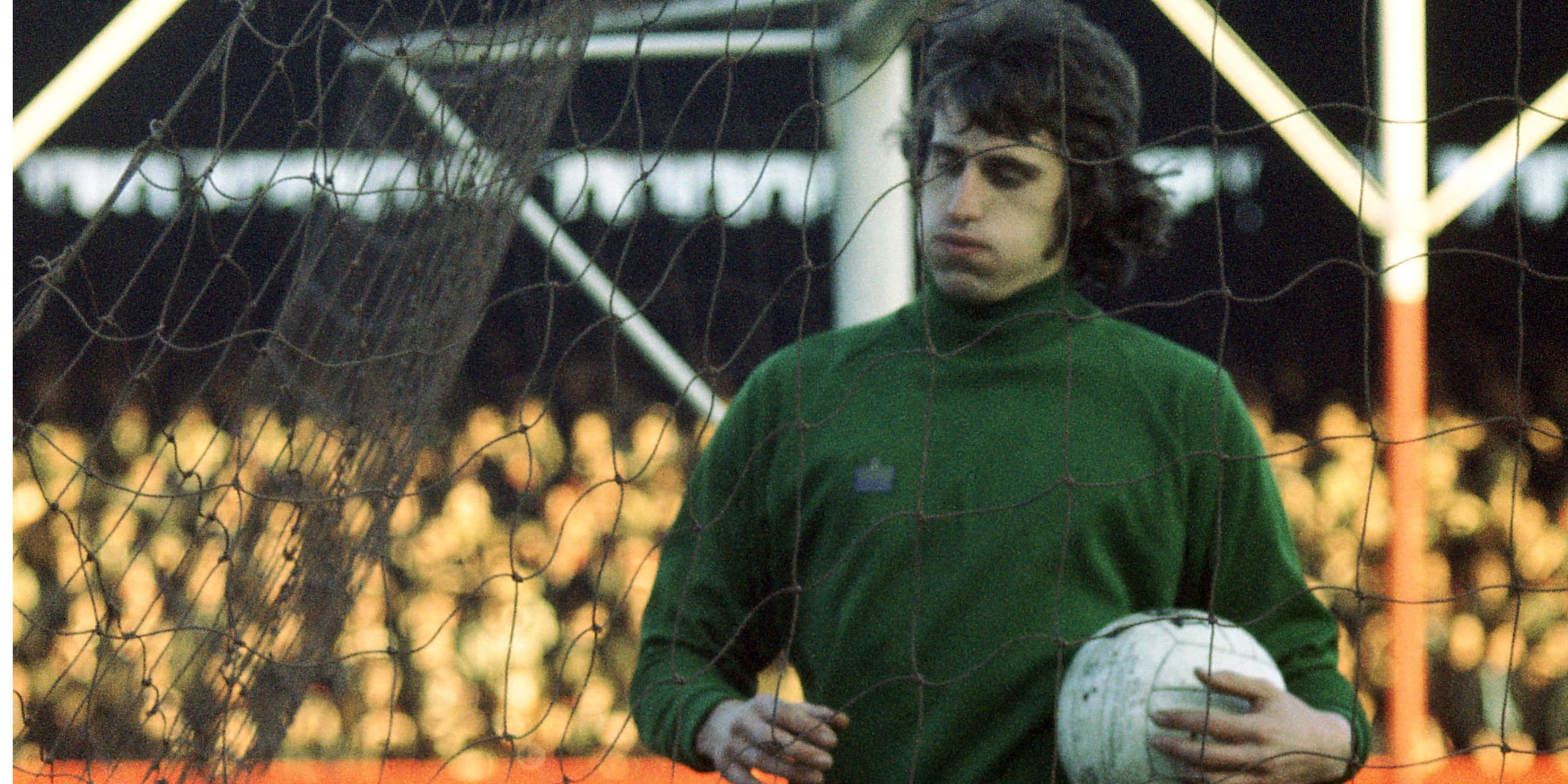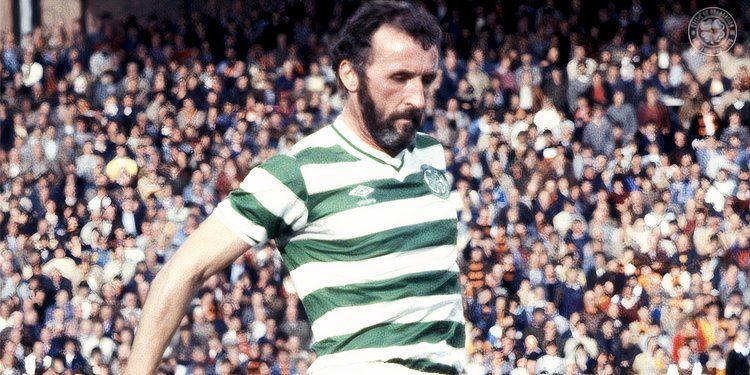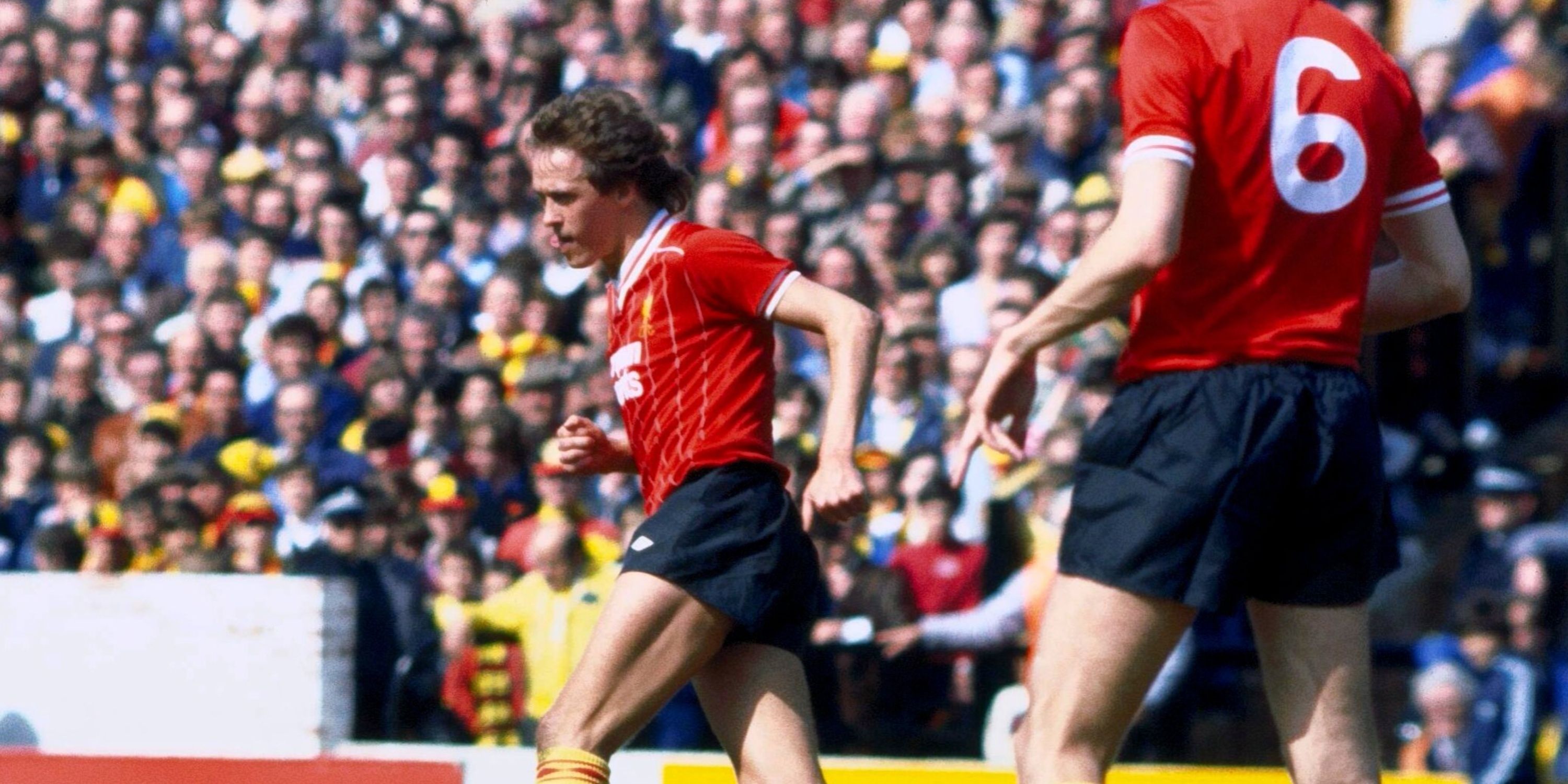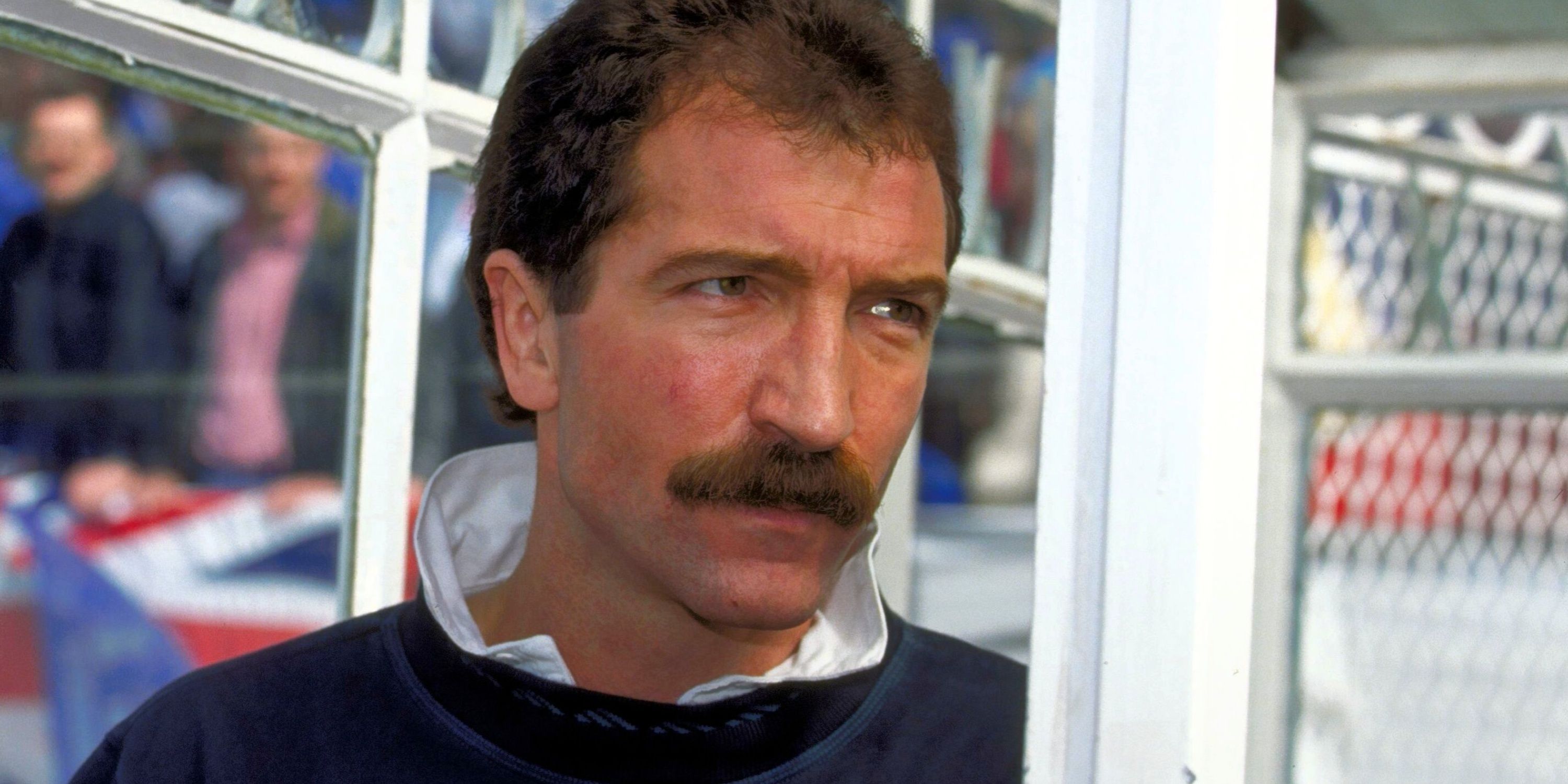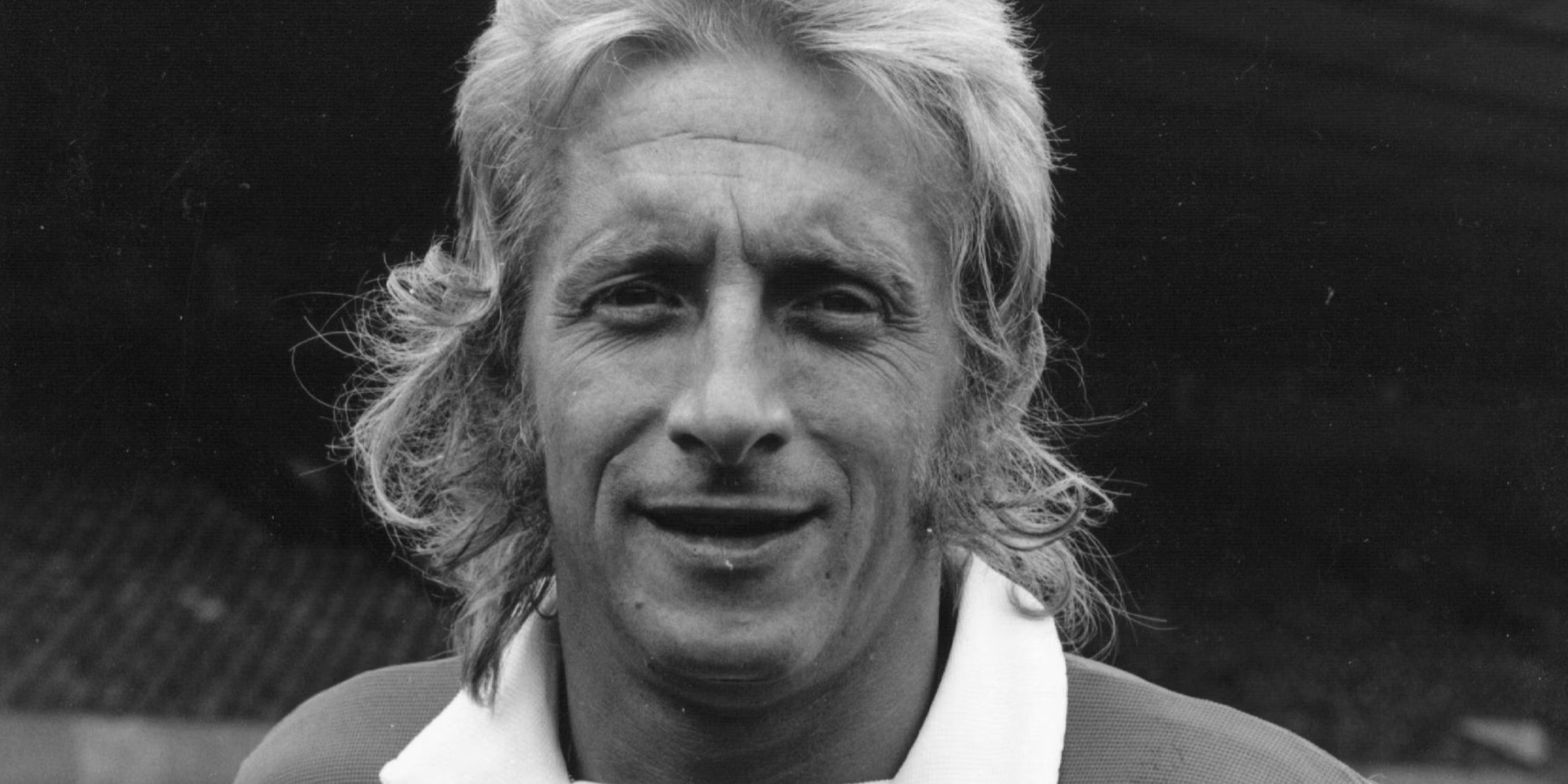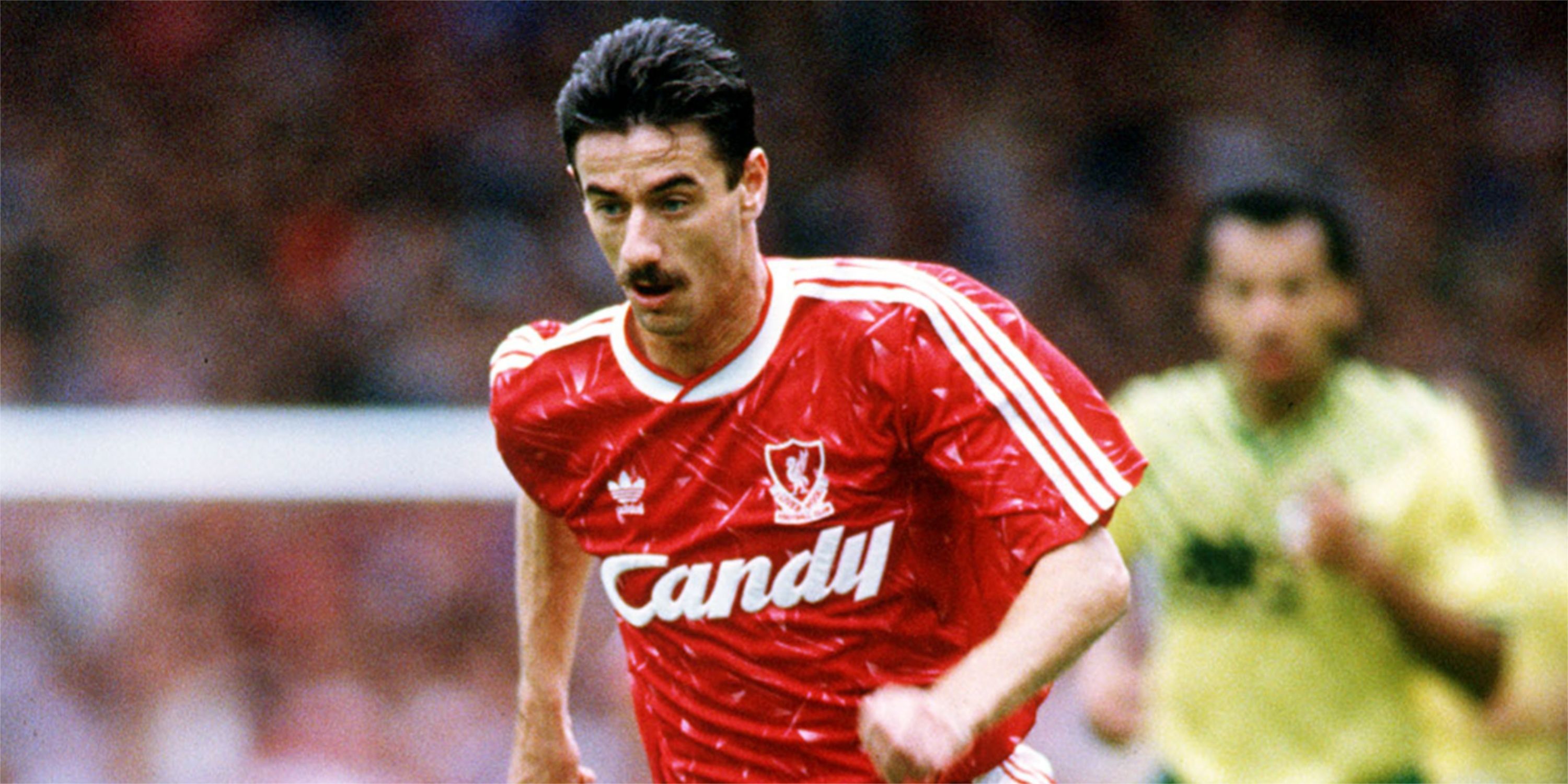Summary
- Kenny Dalglish enjoyed a legendary playing career, for Celtic and Liverpool, that spanned over two decades.
- Not only did Dalglish leave a mark as a player, but the Scot also enjoyed success as a manager.
- Scotland’s record appearance maker shared the pitch with some incredible names over the years.
Still considered a legend by Celtic fans and thought of as one of Liverpool’s greatest-ever players, Sir Kenny Dalglish is undoubtedly a footballing great. A forward, Dalglish made his professional debut with Celtic in 1969 and would spend the first eight years of his career in Glasgow.
After winning the league in Scotland four times, along with four Scottish Cups and a Scottish League Cup, Dalglish departed Celtic in 1977 after Liverpool, under the management of the great Bob Paisley at the time, made a then-record bid for Dalglish’s services.
In his mid-20s, Dalglish finally ventured into English football and would spend the remaining 13 years of his career at Anfield. The Scot’s time with the Reds coincided with a dominant period of their history. Dalglish lifted six First Division titles and five domestic cups, also winning three European Cups.
For the final five years of his playing days, Dalglish worked as a player-manager for Liverpool, being in charge of the club from 1985 to 1991, a year after he retired. Three of Dalglish’s league championships were won under his management, something he would work in for years after his time as a forward came to an end.
Dalglish, who is also the record appearance maker and joint-highest scorer for the Scottish national team, shared the pitch with some incredible players across his career. Back in 2021, speaking to the BBC, Dalglish named a team consisting of his best-ever teammates. Who, though, did he choose?
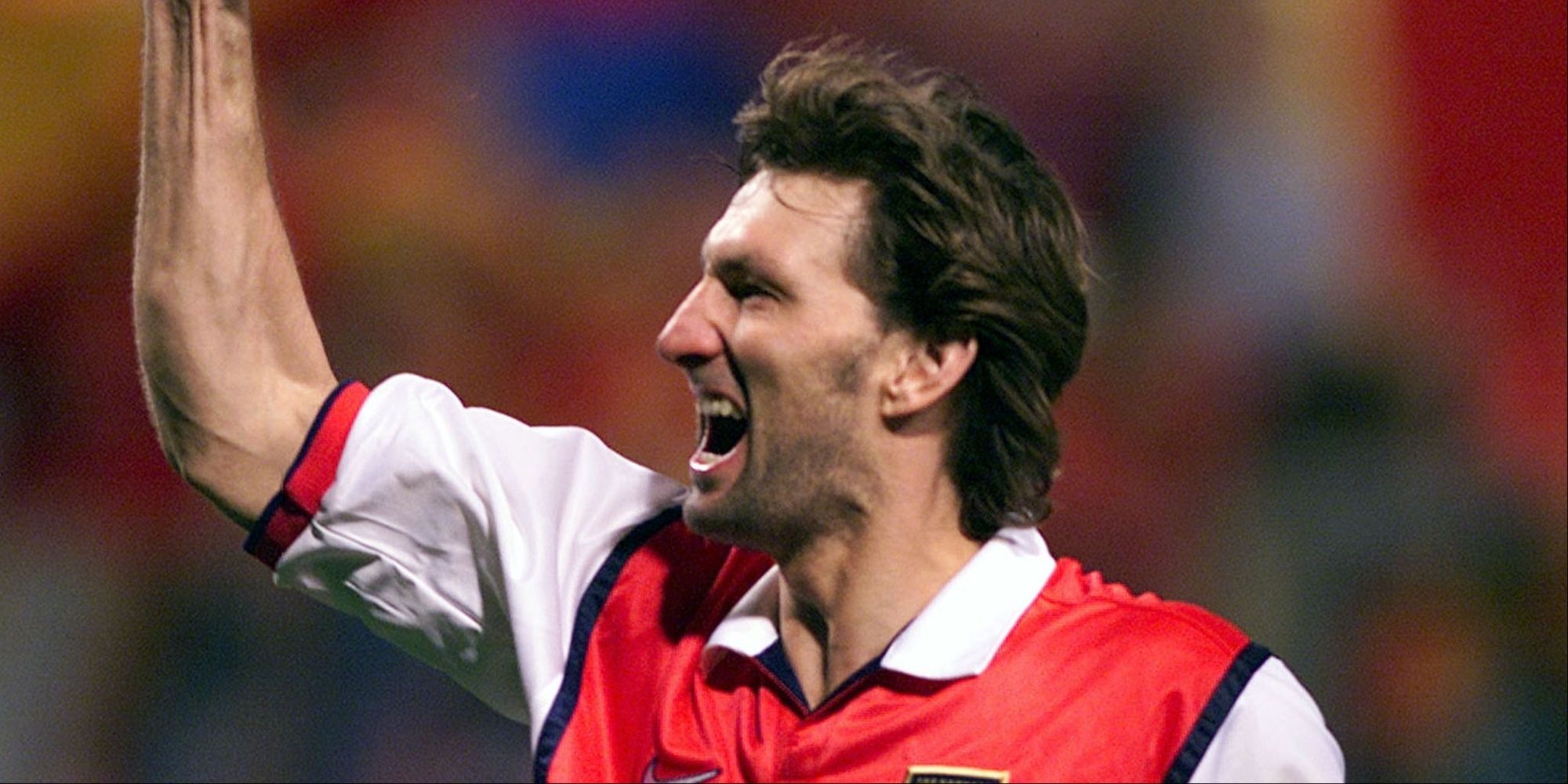
Related
Tony Adams’ Greatest Team-Mates 11 Included England Legend as Only Non-Arsenal Player
An Arsenal icon, Tony Adams shared the pitch with some all-time greats, but which ones would make it into his best 11 of former team-mates?
|
Kenny Dalglish’s Greatest Teammates 11 |
|||
|---|---|---|---|
|
Position |
Name |
Played With Dalglish For |
Career Years |
|
Goalkeeper |
Ray Clemence |
Liverpool |
1965-1988 |
|
Full-Back |
Danny McGrain |
Celtic, Scotland |
1970-1988 |
|
Centre-Back |
Alan Hansen |
Liverpool, Scotland |
1973-1991 |
|
Centre-Back |
Billy McNeill |
Celtic, Scotland |
1957-1975 |
|
Full-Back |
Phil Neal |
Liverpool |
1967-1989 |
|
Wide Midfielder |
Ray Kennedy |
Liverpool |
1968-1985 |
|
Central Midfielder |
Graeme Souness |
Liverpool, Scotland |
1970-1991 |
|
Central Midfielder |
Bobby Murdoch |
Celtic |
1959-1976 |
|
Wide Midfielder |
Jimmy Johnstone |
Celtic, Scotland |
1962-1979 |
|
Striker |
Denis Law |
Scotland |
1956-1974 |
|
Striker |
Ian Rush |
Liverpool |
1978-2000 |
Ray Clemence
Goalkeeper
In goal for Dalglish was Ray Clemence, a player who is much adored by both the Liverpool and Tottenham Hotspur fanbases. Having established himself with Scunthorpe in his early career, Clemence signed for Liverpool in 1967, where he would spend the next 14 years of his time as a player.
Dalglish spent just four seasons with Clemence at Anfield, but in those years, the pair won two league titles and a European Cup. Unsurprisingly, the Scot had nothing but praise for the shot-stopper.
“He was a great goalkeeper. He was exceptional. You just need to look at his success rate.”
Danny McGrain
Full-Back
A pro for 18 years, Danny McGrain spent all but his last season with Celtic, as one of multiple young prospects that emerged for the club towards the end of the 1960s. McGrain made his debut for Celtic in 1970 and swiftly established himself as an immovable part of the first team.
At his peak, McGrain was considered one of the greatest in the world in his position, such was his ability. The defender helped Celtic win seven league titles and seven domestic cups and spent seven years playing alongside Dalglish.
“Danny had everything, and if he didn’t have some bad luck with injuries, he’d have been right up there with world quality.”
Alan Hansen and Billy McNeill
Centre-Backs
In the centre of defence, Dalglish elected to name a player from each of the clubs that he played for. Alan Hansen was chosen as one of the two, the centre-back having started his career at Partick Thistle in his native Scotland. After four years there, he signed for Liverpool in 1977, the same year as Dalglish’s move.
Hansen retired in 1991, just one year after Dalglish, sharing all the honours won by his fellow Scot. Next to Hansen in Dalglish’s picked 11 was Billy McNeill, who spent the entirety of his senior career with Celtic, debuting for the club in 1957.
McNeill was a long-serving captain of Celtic, wearing the armband from 1963 until his 1975 retirement, spending the last six of those years with Dalglish as a teammate. In his tenure as skipper, McNeill guided to 23 domestic honours and most famously, the 1967 European Cup as part of the “Lisbon Lions.”
Dalglish noted, however, that the pair only narrowly got into the team ahead of two other former teammates.
“Big Hansen and Big Billy would be in just ahead of George Connelly and Mark Lawrenson.”
Phil Neal
Full-Back
A defender with 50 England caps under his belt, Phil Neal established himself with Northampton Town, debuting in 1967 and spending seven years with the club. His form there saw Liverpool move to sign Neal in 1974 and though he would become a legendary right-back for the club, he was first signed to play on the left-hand side.
Neal joined Liverpool just three years before Dalglish, going on to spend eight seasons with the Scot in a successful era of Liverpool’s history. Known for his dependability, Neal still ranks amongst not only Liverpool’s best-ever defenders, but the best British defenders from the 20th century.
“Phil Neal is the most decorated man at Liverpool, the most successful.”
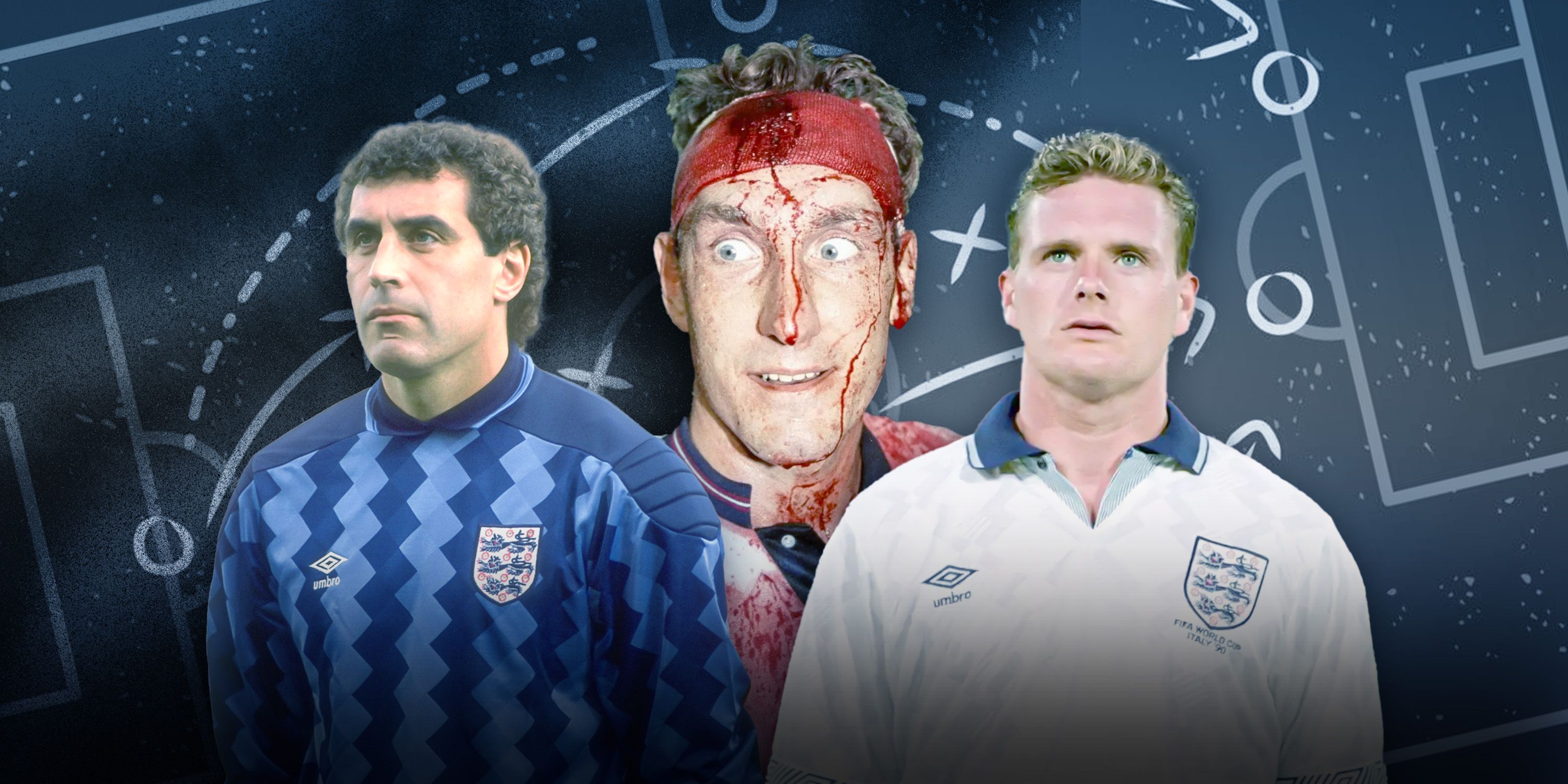
Related
England Hardman Terry Butcher Named His Greatest Teammates 11
Terry Butcher made 77 appearances for England between 1980 and 1990.
Ray Kennedy and Jimmy Johnstone
Wide Midfielders
Moving into wide midfield and Dalglish, once more, chose both a player from Liverpool and a player from Celtic. Representing Merseyside was Ray Kennedy, who spent five years playing alongside Dalglish at Anfield before departing the club in 1982, having won the 1981 European Cup together along with three league titles.
On the other flank was another member of the Lisbon Lions, Jimmy Johnstone. Called “Jinky” for his mercurial dribbling, he was a diminutive outside right who, in 1967, finished third in the Ballon d’Or rankings, such was Johnstone’s quality at his peak. Johnstone, like the aforementioned McNeill, was part of the Celtic team that won nine-straight league titles between 1965 and 1974.
“Ray Kennedy would play on the left, and wee Jinky (Jimmy Johnstone) on the right. Just being in the dressing room with Johnstone was fantastic. But on the pitch, I remember watching a video when he played in Alfredo di Stefano’s testimonial, and the wee man got a standing ovation at the Bernabeu. Dearie me.
“For what he did to Terry Cooper, he should have been arrested. Destroyed him in the 1970 European Cup semi-final. Great entertainment, he could take a kick in training and give you a kick as well.”
Graeme Souness
Central Midfield
Dalglish was a teammate of Graeme Souness’ for the entirety of the midfielder’s tenure at Anfield. Souness, having spent six years with Middlesbrough, signed for Liverpool in 1978. Souness was a staple of Liverpool’s midfield for the entirety of his tenure, with Souness experiencing great success both domestically and on the continent.
Souness and Dalglish also played together internationally for over a decade. Both were fixtures in the Scottish national side, with neither making an appearance for their country beyond 1986. Unsurprisingly, both Dalglish and Souness are considered as some of Scotland’s greatest-ever talents.
“Souness was well coiffured with the creams and the hair, he had the BMW. He was immaculate, the clothes and everything. But he wasn’t arrogant, just confident. He had a fantastic presence on the pitch and he just performed.”
Bobby Murdoch
Central Midfield
Next to Souness, Dalglish elected to name Bobby Murdoch. A midfielder, Murdoch began his career with Celtic and after spending time away from the club on loan between 1959 and 1961, established himself within the first team.
Murdoch would play for Celtic until 1973, finding his best form after moving to midfield from the position of inside right, developing into a stellar playmaker who was at the heart of everything good Celtic did going forward. Along with his passing range, Murdoch also possessed a phenomenal control of the ball, which helped Celtic create what was one of their most-successful eras.
“Murdoch was the man at Celtic. The rest of the players would have said that as well. He made Celtic as good as they were. He had absolutely everything. An unbelievable player.”
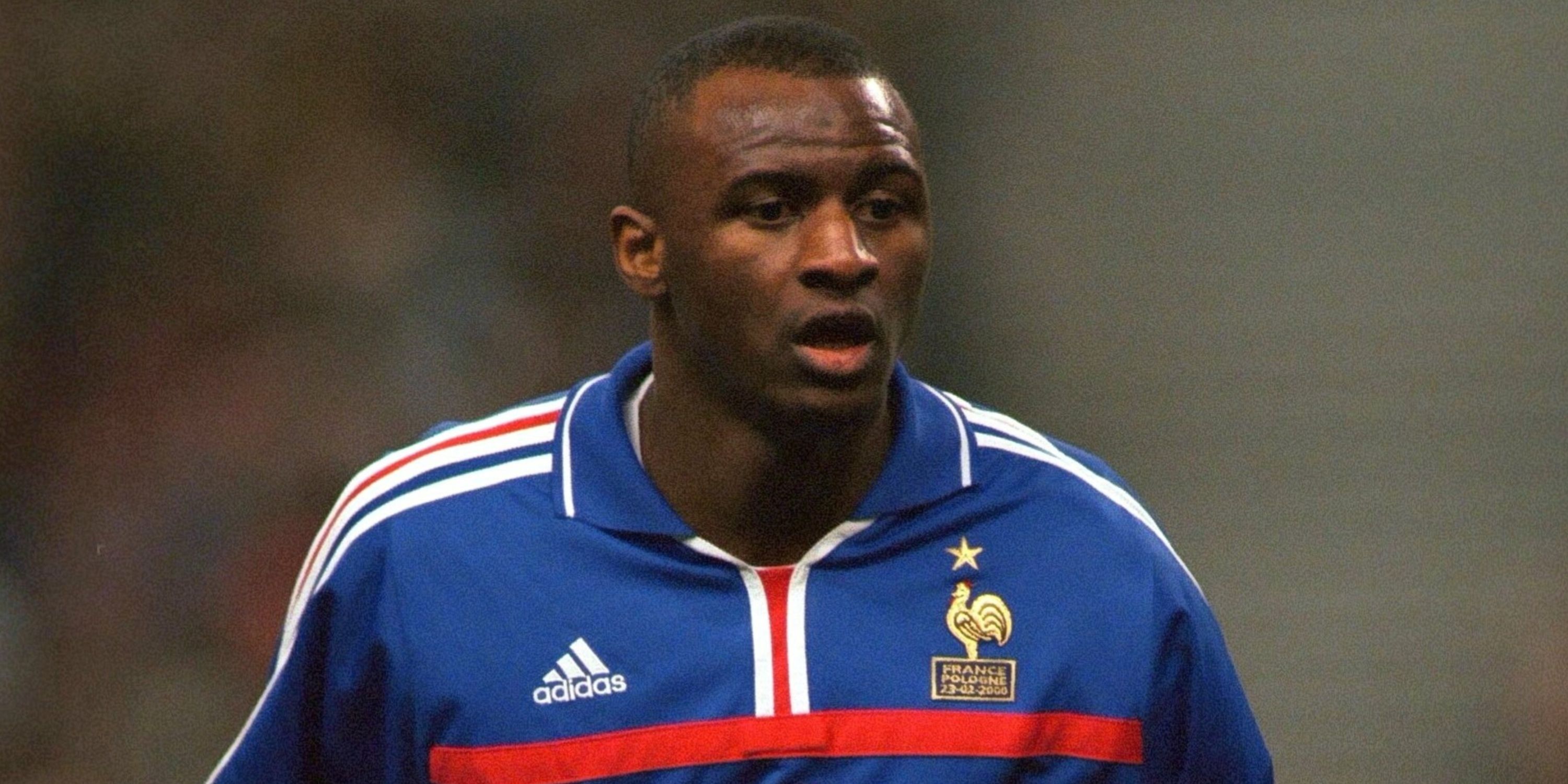
Related
Patrick Vieira Named His 5 Greatest Teammates of All Time
The imposing Frenchman named an Arsenal duo in his top five teammates that he played with during his illustrious career.
Denis Law
Striker
No man has scored more goals for Scotland than Kenny Dalglish, but Denis Law scored the same amount for their country across his career. At the time of writing, Law remains the only Scot to have won the Ballon d’Or, which the centre forward received in 1964, two years into an 11-year stint with Manchester United.
After starting his career with Huddersfield Town, Law moved to Manchester City in 1960 though ventured abroad to join Torino the following year. The attacker returned to Manchester after just one season in Italy, only to join Man United rather than City, where Law would carve out a legacy for himself.
Law represented Scotland between 1958 and 1974, meaning that Dalglish got to play alongside one of his idols for three years of his international duty.
“As a wee boy, Denis was my hero. Someone said you shouldn’t meet your idols, but it didn’t apply to this one, he was an absolute gent. He never expected anything from anyone – his humility was brilliant.”
Ian Rush
Striker
Partnering Law up front in Dalglish’s team was none other than Ian Rush, Liverpool’s most-proficient goalscorer in history. A Welsh international, the striker started his career with Chester, where his form across two years attracted the attention of Liverpool, who signed him in 1980.
Rush soon became a consistent performer at Liverpool, so much so that Juventus decided to sign the striker in 1986, though Rush would first spend a season on loan in Merseyside. After just a year in Serie A, Rush returned to Anfield, where he spent eight further years to reaffirm his legacy amongst supporters of the Reds.
“Ian Rush’s first six games or so (for Liverpool), he never scored, but he was brilliant. Then he couldn’t stop scoring. Everton were having a sniff at him as well, but we dived in there first and got him. The Evertonians must be cringing, but the goals he scored against them were unbelievable.”
(All stats are from Transfermarkt or the official Liverpool website and are correct as of 29/04/2025)
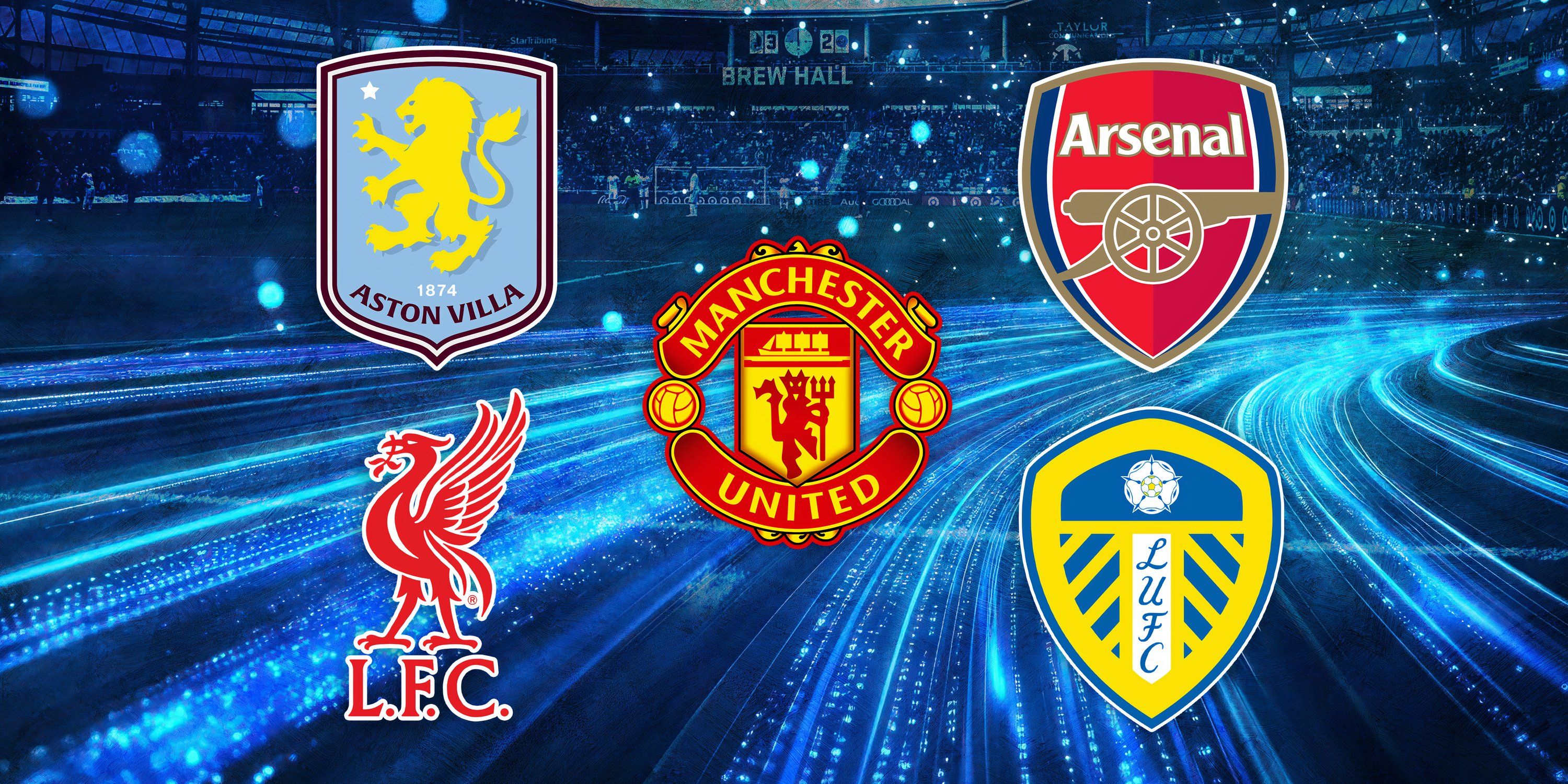
Related
15 Biggest Football Clubs in England Ranked by AI
Neville and Carragher had their say, and the AI has now given its view.
About Author
You may also like
-
Marco Silva risks FA wrath after blasting ‘terrible’ refereeing in Fulham’s 3-2 defeat to Man United
-
Today in Football – Things You May Have Missed
-
Chelsea ‘Submit’ £26m Bid to Sign Tylel Tati in Late January Move
-
Crystal Palace agree £43m + £5m fee for Wolves’ Jorgen Strand Larsen
-
Crystal Palace agree £43m + £5m fee for Wolves’ Jorgen Strand Larsen
